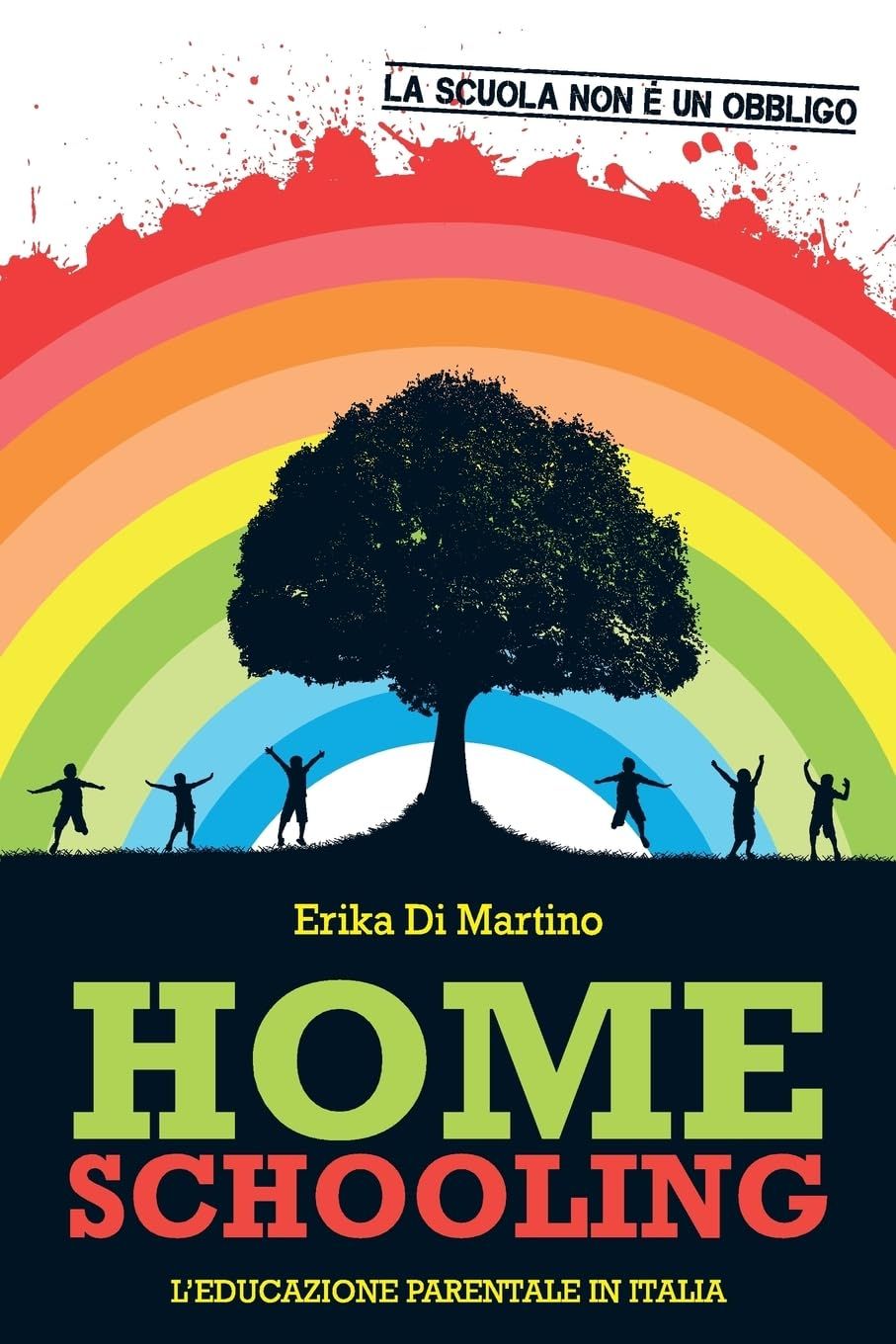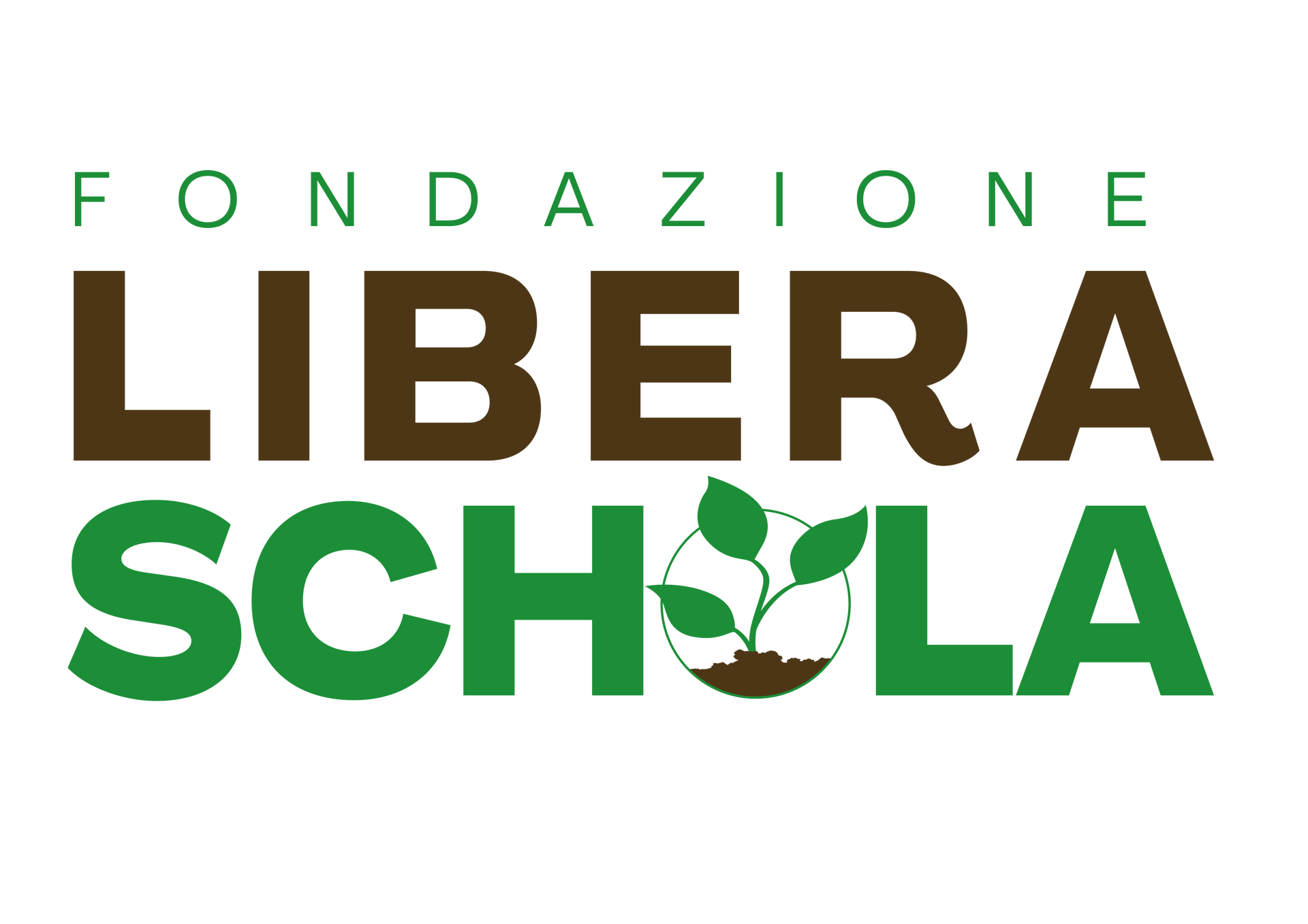What is Home Education?

Home education, also known as Homeschooling or Istruzione Parentale in Italian, is a choice made by parents to fulfill and manage their right and duty to educate their children within the family environment. This approach is grounded in Article 30 of the Italian Constitution, Article 26 of the Universal Declaration of Human Rights, and Principle 7 of the Declaration of the Rights of the Child.
In line with Article 33 of the Constitution, families implement a home-based educational system, customized to each child’s unique personality and learning path. This approach supports active, personalized learning within a network of social relationships, while aligning with the general educational guidelines outlined in the national curriculum.
Home education is suitable for all children and young people and is accessible to all parents who are not otherwise incapacitated. No minimum income or specific educational qualifications are required to undertake homeschooling.
Home education is based on various principles and philosophies, including:
Principles and Philosophies
of Home Education
Personalized Learning
Homeschooling allows lessons to be tailored to the individual pace of each student, providing targeted support in areas of greater difficulty and diving deeper into areas of personal interest. This personalized approach not only makes learning more dynamic and engaging but also fosters the development of a strong sense of self-confidence.
Flexible Education
Without the constraints of a rigid school curriculum, parents gain the freedom to craft a personalized learning path that caters to their child’s unique interests and learning pace. This flexibility enables a more thorough and enriching exploration of subjects, allowing students to delve deeply into areas of interest while moving at a pace that supports real understanding.
Safe Environment
Children can learn in a familiar and safe environment, which helps reduce stress and anxiety. This protected setting creates a calm learning atmosphere where they can develop their skills without external pressures or distractions. In this way, children are free to focus on their growth, building confidence and competence in a supportive space.
Holistic Approach
Many parents adopt a holistic educational approach that includes experiential learning, creative play, and emotional and social education. This method allows for the integration of various dimensions of a child’s development, going beyond academics to support personal and relational growth. In this way, children benefit from a well-rounded education that nurtures their emotional intelligence, creativity, and social skills.
Benefits of
Home Education
Home education offers numerous benefits, including:
- Greater Parental Involvement: Parents have the opportunity to be directly engaged in their children’s education, strengthening family bonds.
- Independent Learning: Children develop the ability to learn independently, allowing them to pursue their passions and follow their natural curiosity.
- Adaptability: Home education can be easily tailored for children with special needs or for those who struggle in traditional school settings.
- Reduced Bullying: Studies have shown that homeschooled children are less exposed to bullying, which can foster greater self-esteem and confidence.
Home Education can be chosen in Italy to fulfill both the compulsory education requirement and the vocational training requirement, which begins after age 16 following 10 years of schooling.
As a result, home education can encompass the entire span of primary and secondary education,
up to and including high school graduation. Each year italian homeschool students have to pass an exam to proceed to the following academic year.
Home Education in Action
Challenges of
Home Education
Like any educational approach, home education comes with its own set of challenges:
- Time and Commitment: Educating children at home requires a significant investment of time and energy from parents. Libera Schola offers consulting and personalized programs to help families efficiently organize their educational activities. We provide guides and tools that simplify lesson planning and the daily management of learning, helping parents to manage their time effectively.
- Educational Resources: Covering a wide range of subjects can be challenging for parents, especially in areas where they may not feel as confident. The Foundation provides access to a rich archive of high-quality educational resources curated by experts and collaborates with specialized educators to offer courses, seminars, and workshops that cover all disciplines, from the humanities to STEM subjects.
- Socialization: Ensuring children have opportunities for social interaction is a common concern for many parents choosing home education. Libera Schola facilitates connections and networking among homeschooling families by organizing group events and activities such as workshops, educational outings, and collaborative projects. These initiatives help children develop social skills and form lasting bonds with their peers.
Home education provides a meaningful alternative to traditional schooling, creating a customized learning environment that meets each child’s unique needs. While it requires a substantial commitment from parents, the benefits—including personal growth, autonomy, and emotional resilience—can be immeasurable. Additionally, it invites parents to take on a fully engaged, mindful approach to parenting, rooted in social awareness and respect for the environment
and all living beings within it.
Join us!
We believe that personalized and inclusive education is critical to the future.
Join the Libera Schola ETS Foundation and together we will make a difference.
Libera Schola Foundation: Educate, Innovate, Grow.
FONDAZIONE
LIBERA SCHOLA ETS
Headquarters:
Piazza Gramsci 2
20154 Milan
Italy
All Rights Reserved | Libera Schola Foundation


